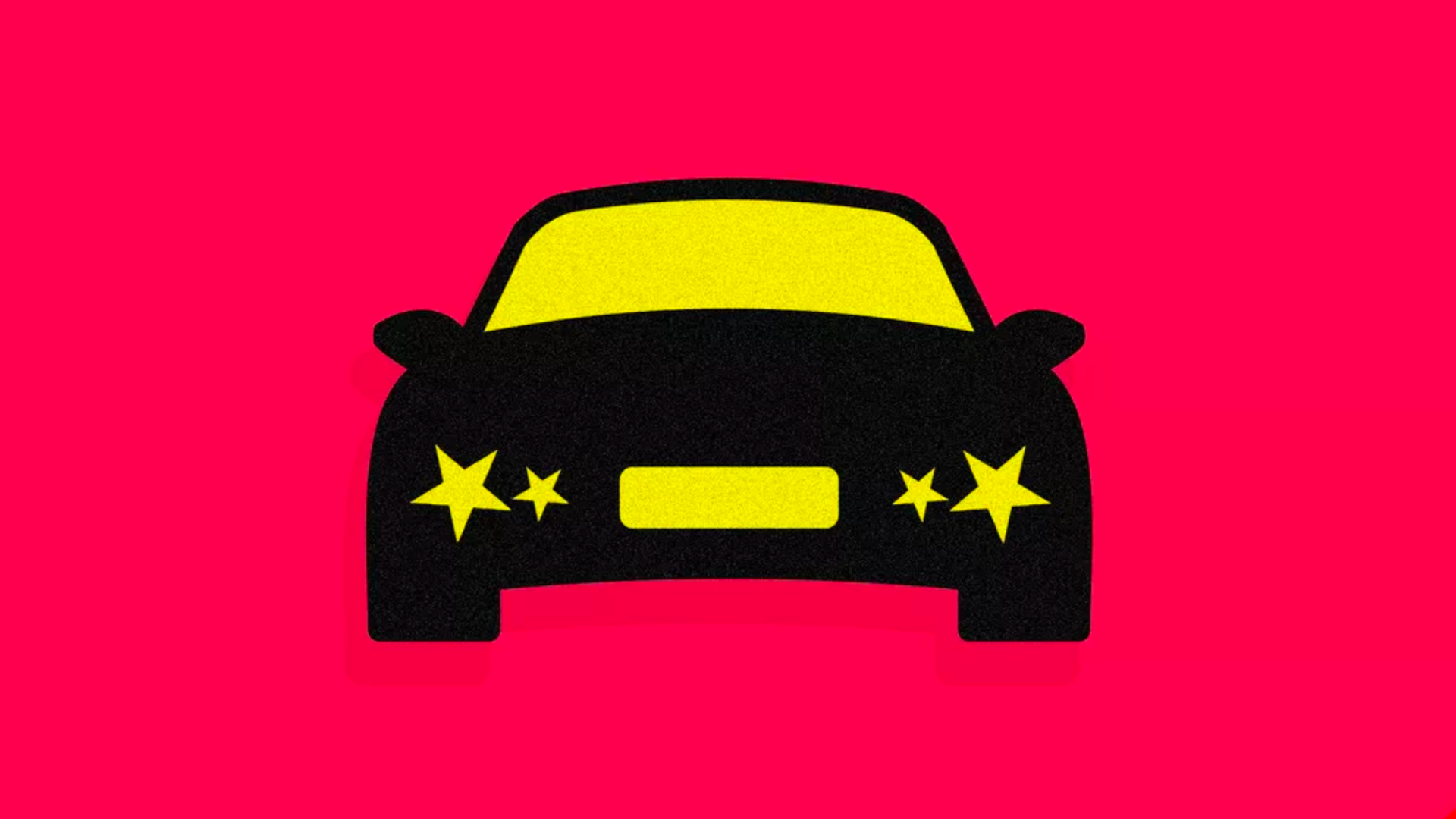U.S.-China trade tensions could slow AVs
Add Axios as your preferred source to
see more of our stories on Google.

Illustration: Rebecca Zisser/Axios
A proposed U.S. crackdown on sharing technology with China could threaten the development of self-driving vehicles, the Wall Street Journal reports.
Why it matters: Many companies developing autonomous driving systems split their work between the U.S. and China, with offices, investors, engineers and customers in both countries. Unscrambling that egg could be difficult.
- “Our company would be split in half,” David Liu, CEO of Plus.ai, told WSJ. The American self-driving software developer recently teamed up with Chinese truck maker FAW Group.
- The U.S.’ proposed controls are “a cloud hanging over every technology company,” he said.
The big picture: China's aspiration to dominate the AV field is heavily dependent on R&D centers in Silicon Valley.
- Even though some companies don't plan to deploy AVs in the U.S., there's a certain cachet that comes from validating their technology and securing investment in California — the epicenter of AV research.
- 14 Chinese companies have licenses to test self-driving cars in California, WSJ reports.
What to watch: The Trump administration could use technology controls as a bargaining chip in its ongoing trade confrontation with Beijing, China expert Michael Dunne, CEO of ZoZo Go, tells the paper.
- “We’re at a crossroads,” Dunne says. “Will it be reciprocal openness or reciprocal protection?”
